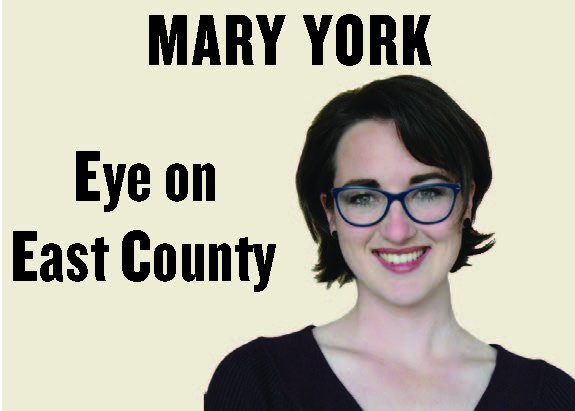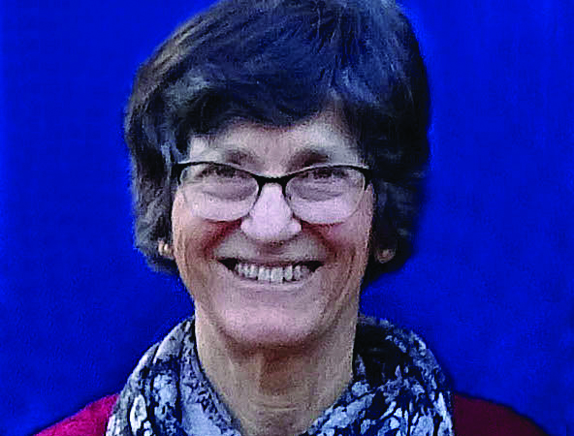News that the hate-group masquerading as a church is planning to picket at two of East County’s local high schools has left several in the community shaken.
Westboro Baptist Church has a national reputation for their anti-gay, anti-Jewish, anti-Muslim and anti-athiest protests, to name a few.
It is not often that quiet East County is asked to face something as troubling as a targeted attack on the community’s children and it is understandable that some are left unsure of how to respond to the announcement.
Truly, the question of how to fight hate is one that takes more careful consideration than we often give it.
We can fight swords with swords and words with words, but you cannot fight hate with hate.
A few practical things ought to be mentioned here just to make sure we are all on the same page.
First of all, we do have to admit that this demonstration may be in the name of a religious belief or against a particular set of ideologies, but it is in reality an attack on our kids. This group will be showing up at schools to shout at underage children.
Whether or not you agree or disagree with Westboro’s positions on homosexuality – even in the most general sense – to condone the antagonistic behavior with which they attempt to win people over is unnacceptable.
“White supremecy is basically just terrorism,” our sales manager said as we discussed the previously stated question. “But at the same time, they do have freedom of speech.”
That brings us to house-keeping item No. 2: What Westboro is planning to do is not illegal, nor should it be. As long as their demonstration remains peaceful – and they certainly have gone to great lengths to check off all the legal boxes – they have every right to speak their minds.
We respect this right not because we agree with what they’re saying or who they’re saying it to but because it is the same right that we may one day need to cling to should the tides in this nation change substantially and we find ourselves the minority voice in a society overthrown by damaging agendas.
Honestly, that doesn’t sound so far from the current climate, does it?
We can vehemently oppose the ideas and tactics of Westboro, but it is imperative that we respect their freedom of speech.
So, back to the question: How to we respond to hate?
A great amount of ink has been spilled across this column over the last year. Hate is prevelant in our society.
“It will take you years to answer this question, Mary,” our sales manager said to me. “You’ll be wrestling with it long after I’m gone.”
Perhaps he’s right.
But I also believe that there is nothing new under the sun. Picketing in front of high schools certainly isn’t.
How many kids who grew up during the decades of integration in the middle of the 20th century had to hear the jeers and shrieks and threats of adults in their community – adults who should know better than to frighten children?
How did they do it? How did minority groups in this country bear up under the immense social pressure and even violence that came from their own neighbors?
“Darkness cannot drive out darkness; only light can do that,” said Martin Luther King Jr. “Hate cannot drive out hate; only love can do that.”
Hate is funny because it creeps up on us unexpectedly. It appears in our voice when we speak about injustice and unravels our better judgment when we face opposition. It takes self-control and strength and a tremendous amount of patience and courage to restrain our own hate when in the face of it.
But we must do it, because if we fight hate with hate, that’s all our children will ever know: a world with hate and a world with fear.
We can take a stand against the evil of this world without becoming a part of it.
So when you sit down with your child to talk with them about what they might see on Monday, or when you discuss it with your neighbor, consider the words of MLKJ.
“I believe that unarmed truth and unconditional love will have the final word.”














